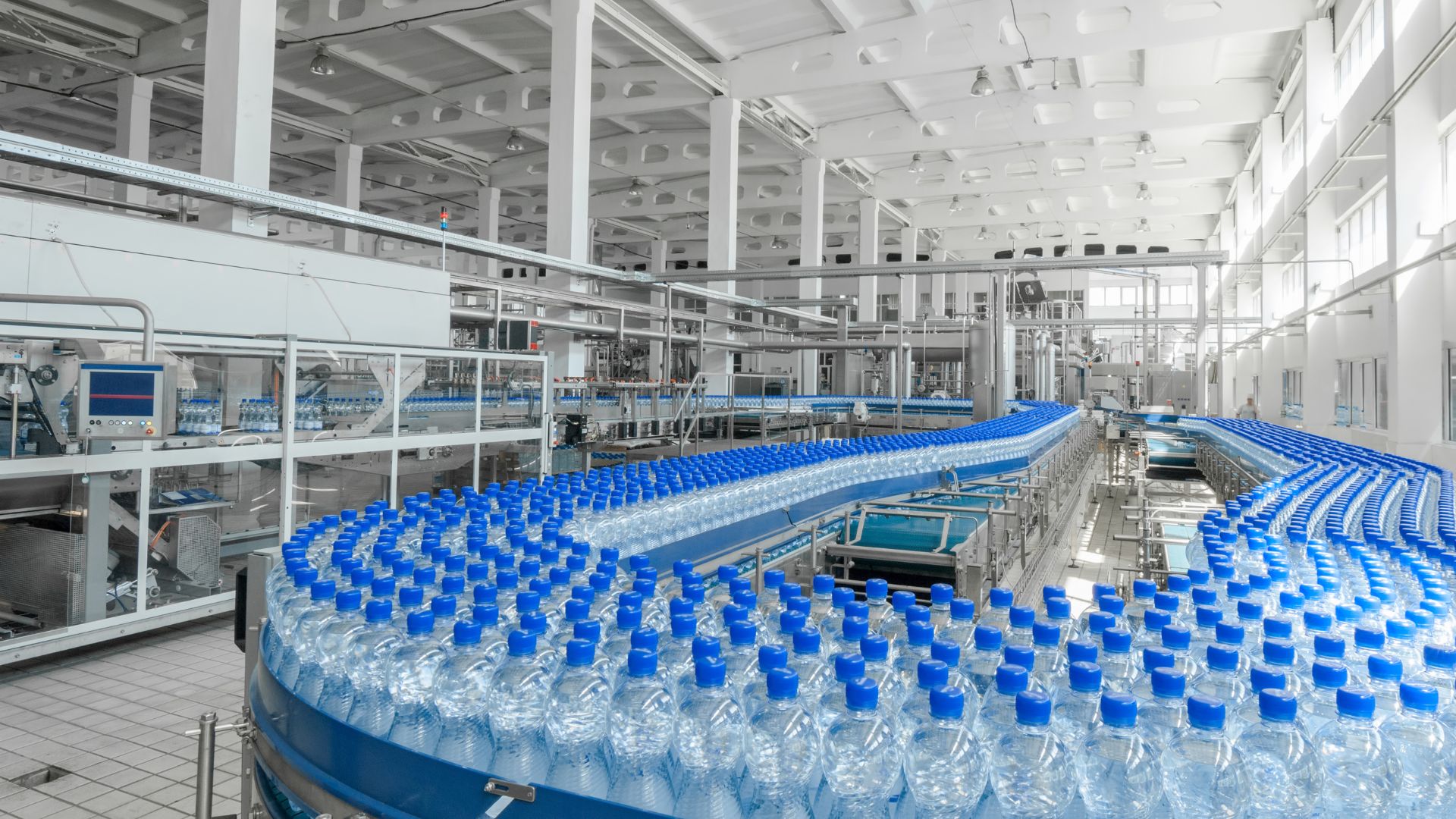
Frequently Asked Questions About Biodegradable Plastic Additives in Manufacturing
One of the most promising use cases of biodegradable plastic additives, which enhance the decomposition process of conventional plastics, is in manufacturing. As manufacturers, retailers, and consumers become more aware of environmental issues, questions about biodegradable plastic additives have become increasingly common.
Let’s address some of the most frequently asked questions about biodegradable plastic additives in manufacturing.
What Are Biodegradable Plastic Additives?
Biodegradable plastic additives are compounds integrated into traditional plastic materials to promote their breakdown under environmental conditions. These additives enable plastics to decompose more quickly, reducing their persistence in landfills and natural ecosystems. Unlike traditional plastics, which can take hundreds of years to break down, plastics with biodegradable additives can decompose in a fraction of that time, depending on the environmental conditions.
How Do Biodegradable Additives Work?
Biodegradable additives work by enhancing the natural degradation process of plastics. Used as an add-in (additive) in the plastic manufacturing process, these additives attract microorganisms that consume the plastic, breaking it down into natural byproducts like carbon dioxide, water, and biomass. This process is typically accelerated under conditions that support microbial activity, such as heat, moisture, and the presence of oxygen.
What Are the Benefits of Using Biodegradable Plastic Additives?
The primary benefits of using biodegradable plastic additives include:
- Reduced Environmental Impact: By accelerating the decomposition of plastics, these additives help reduce the volume of plastic waste in landfills and the natural environment.
- Sustainability: Biodegradable plastics align with global sustainability goals, promoting a circular economy where materials are reused and recycled.
- Consumer Demand: With increasing awareness of environmental issues, consumers are seeking products with lower ecological footprints. Using biodegradable plastics can enhance brand reputation and appeal to eco-conscious customers.
- Regulatory Compliance: Many regions are implementing stricter regulations on plastic waste. Biodegradable plastics can help manufacturers comply with these regulations and avoid potential fines or restrictions.
Are Biodegradable Additives Suitable for All Types of Plastics?
Biodegradable additives are compatible with a wide range of plastic types, including polyethylene (PE), polypropylene (PP), and polystyrene (PS). However, the effectiveness of these additives can vary depending on the specific plastic formulation and the environmental conditions in which the plastic is disposed. It is important for manufacturers to conduct testing to determine the suitability and performance of biodegradable additives for their specific applications.
What Is the Difference Between Biodegradable and Compostable Plastics?
While both biodegradable and compostable plastics are designed to break down more quickly than traditional plastics, there are key differences:
- Biodegradable Plastics: These plastics are designed to decompose under environmental conditions with the help of biodegradable additives. The process can occur in various environments, such as landfills, soil, or water, but may not always leave nutrient-rich compost.
- Compostable Plastics: These plastics break down into nutrient-rich compost under specific conditions, such as in industrial composting facilities. Compostable plastics require controlled environments with the right temperature, humidity, and microbial activity to fully decompose.
What Are Some Common Applications of Biodegradable Plastic Additives?
Biodegradable plastic additives are used in a variety of applications, including:
- Packaging: Food packaging, shopping bags, and shipping materials can be made more sustainable with biodegradable additives.
- Agricultural Products: Mulch films and plant pots benefit from reduced environmental impact when they decompose naturally in the soil.
- Consumer Goods: Everyday items such as disposable cutlery, plates, and straws can incorporate biodegradable additives to minimize waste.
- Personal Care Products: Packaging for cosmetics and personal hygiene products can use biodegradable materials to reduce plastic waste.
How Long Does It Take for Biodegradable Plastics to Decompose?
The decomposition time for biodegradable plastics depends on several factors, including the type of plastic, the specific additives used, and the environmental conditions. Generally, biodegradable plastics can take anywhere from a few months to a few years to decompose. Factors such as temperature, humidity, and the presence of microorganisms all play a role in the rate of decomposition.
What Are the Challenges of Using Biodegradable Plastic Additives?
While biodegradable plastic additives offer numerous benefits, there are also challenges to consider:
- Cost: Biodegradable additives can increase the cost of plastic production, which may be a barrier for some manufacturers.
- Performance: The integration of additives can sometimes affect the mechanical properties of the plastic, such as strength or flexibility. It is essential to test and optimize formulations to maintain performance.
- Infrastructure: The effectiveness of biodegradable plastics is contingent on appropriate waste management infrastructure, such as industrial composting facilities. Without proper disposal systems, the benefits of biodegradability may not be fully realized.
How Can Manufacturers Transition to Using Biodegradable Additives?
Manufacturers looking to transition to biodegradable plastics can take several steps:
- Conduct Material Audits: Assess current plastic use and identify areas where biodegradable options can be integrated.
- Pilot Testing: Implement small-scale tests to evaluate the performance and environmental impact of biodegradable additives in specific applications.
- Collaborate with Suppliers: Work closely with suppliers to develop customized biodegradable solutions that meet specific needs.
- Educate Stakeholders: Inform consumers and employees about the benefits and proper disposal of biodegradable plastics to maximize their environmental impact.
What Is the Future of Biodegradable Plastic Additives in Manufacturing?
The future of biodegradable plastics is promising as technology continues to advance and awareness grows. Innovations in additive formulations and processing techniques are expanding the range of applications and improving the performance of biodegradable plastics. As regulatory pressures increase and consumers demand more sustainable products, the adoption of biodegradable plastics is likely to accelerate, driving positive change across the industry.
Contact Bio-Tec Environmental to learn more about the EcoPure biodegradable plastic additive.


